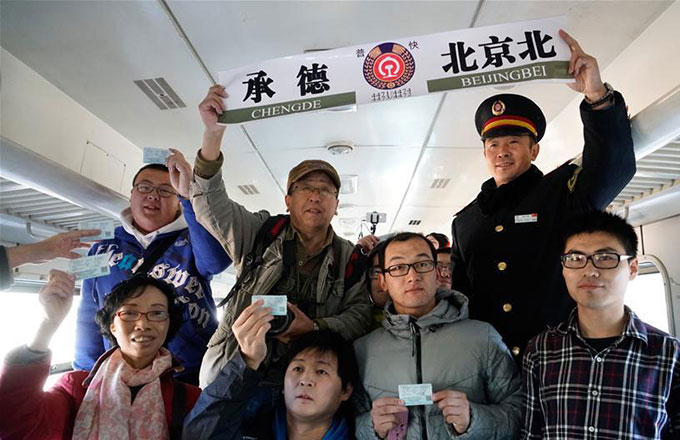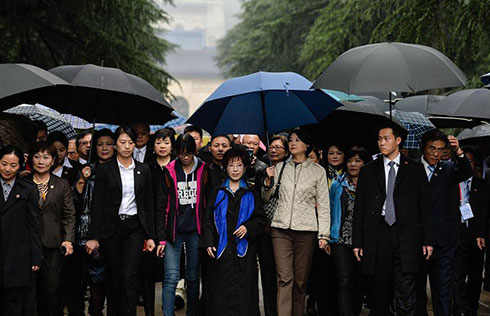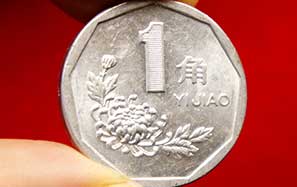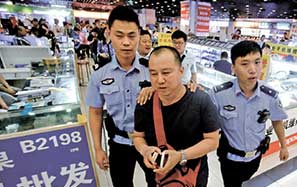Four circuit courts will be added
Plan approved by reform group led by Xi will help residents by saving time and travel costs
China's central authority responsible for implementing reform has approved a plan to establish four more circuit courts, aiming to share the burden of case hearings in the national top court and to improve judicial efficiency.
The plan, approved on Tuesday during a meeting of the Leading Group for Overall Reform, led by President Xi Jinping, outlines plans for new circuit courts in Chongqing municipality; Xi'an, Shaanxi province; Nanjing, Jiangsu province; and Zhengzhou, Henan province.
The country now has two circuit courts - in Shenzhen, Guangdong province, and Shenyang, Liaoning province - that were set up at the end of 2014 and began operating early last year.
The circuit courts of the Supreme People's Court will make it convenient for residents to file lawsuits and will help solve people's disputes, reducing pressure on the top court.
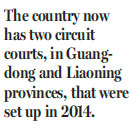
For example, the First Circuit Court in Shenzhen is in charge of hearing cases in Guangdong and Hainan provinces and the Guangxi Zhuang autonomous region. Litigants in the three regions will not have to go to the top court in Beijing to deal with lawsuits, which will save time and travel costs.
The Second Circuit Court in Shenyang is responsible for tackling disputes in Liaoning, Heilongjiang and Jilin provinces.
"The four new circuit courts should play an effective role in handling cases in the four regions, especially solving cross-regional administrative, civil and commercial disputes, in a move to improve judicial credibility and maintain justice," according to a statement issued after the meeting.
In the past, some administrative cases, which involve litigation between governmental departments and residents, were disturbed by administrative interference.
The circuit courts can avoid such interference, or "governmental protection", ensuring that verdicts are fair and made independently, according to the top court.
Statistics released by the Supreme People's Court show that nearly 13 million cases were resolved in 2013, up from 8.56 million in 2006.
However, the number of judges nationwide failed to rise in step with the number of cases. In 2013, there were 196,000 judges, just 6,000 more than in 2006.
Huang Sizhou, a lawyer in Shenzhen who helped several litigants with cases in the First Circuit Court, applauded the establishment of the circuit courts, saying they save time and are convenient for residents.
Xinhua contributed to this story.







